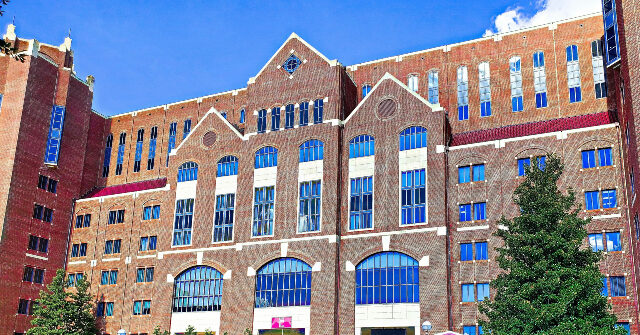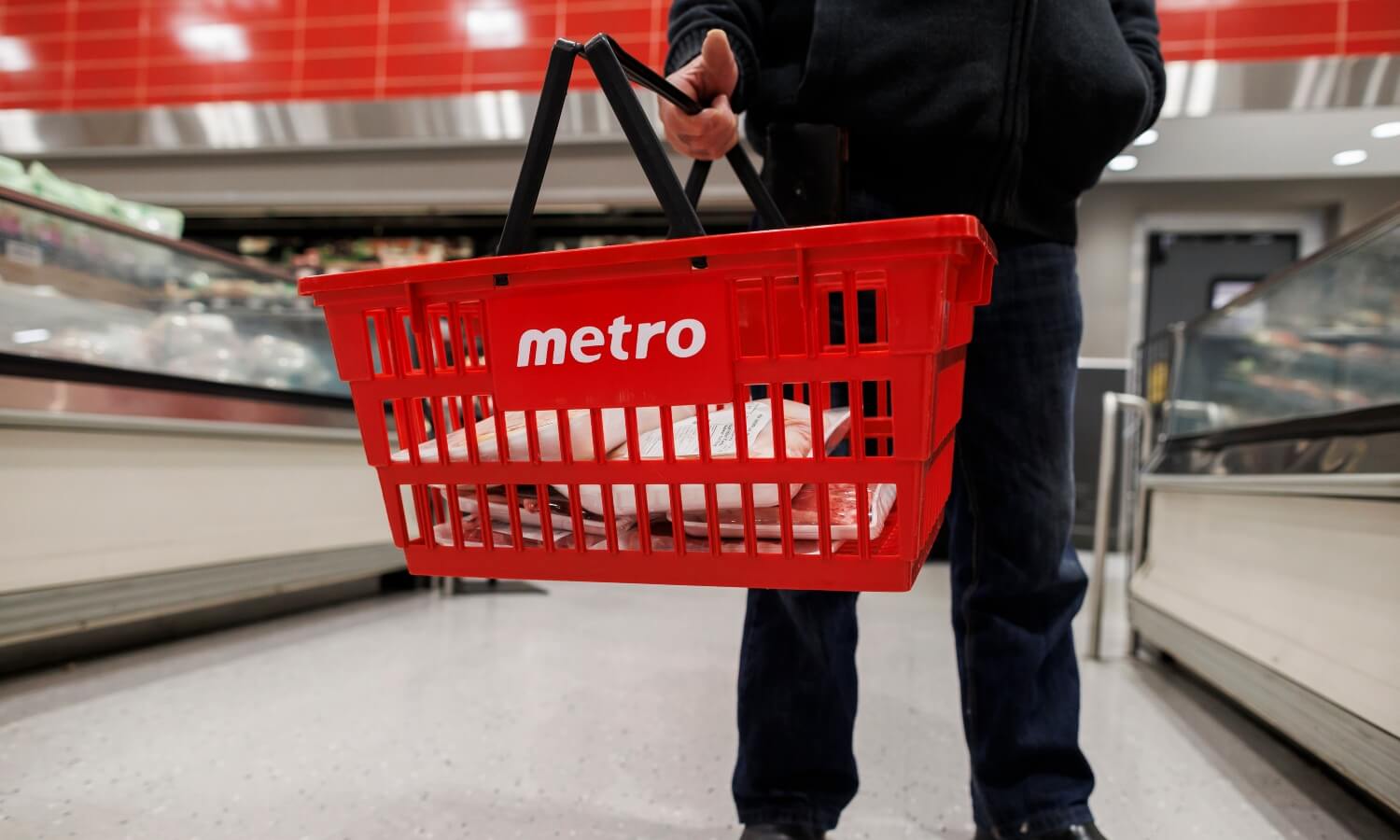Australia has raised its permanent immigration intake by more than a fifth to almost 200,000 this year in an effort to address a crippling labour shortage and ease the country’s dependence on lower-paid temporary workers.
The country’s unemployment rate hit a near-50-year low of 3.4 per cent in July as the economy has flourished following the end of coronavirus pandemic restrictions. The economy is expected to expand 3.25 per cent this year, according to the Reserve Bank of Australia, before the growth rate slows in 2023.
But acute labour shortages — the second-worst after Canada in the OECD group of advanced economies — have left many businesses unable to find staff, with as many job vacancies as unemployed people and wage growth at its highest level in almost a decade.
Clare O’Neil, Australia’s home affairs minister, said the country was in a “global war for talent” at a jobs summit where the new measures were announced. Other initiatives included a A$36mn (US$24mn) push to speed-up visa processing and a A$1.1bn investment in vocational training.
The new migration places will be focused on nursing, engineering and technology roles as well as boosting the rural workforce.
Scott Farquhar, chief executive of software company Atlassian, said his business expected to employ more than 1,000 research and development staff in Australia in the next year but would be forced to look overseas if it could not find the workers. “We should be falling over ourselves to bring the best and brightest from overseas to come and build our export markets here,” he said.
Andrew McKellar, chief executive of the Australian Chamber of Commerce and Industry, said the permanent migration cap would be welcomed by business.
“With labour and skill shortages at their most severe levels in 48 years, raising the migration intake and addressing protracted visa processing times will be essential in addressing unmet labour demand,” he said. “As the global race to attract skilled migrants heats up, we cannot risk getting left behind.”
Complex visa requirements, introducing higher mining taxes and raising government support for childcare were also discussed as potential solutions to the jobs crisis.
Zali Steggall, an independent MP, said Australia risked a “brain drain” unless it improved its visa system. “We have too many engineers that are Uber drivers at the moment, and yet we have skill shortages,” she said.
The employment summit is the first since 1983, when former prime minister Bob Hawke led the country into an era of industrial reform, and brought together unions, business leaders and politicians to debate how to boost productivity and solve the country’s tight labour market.



















Discussion about this post